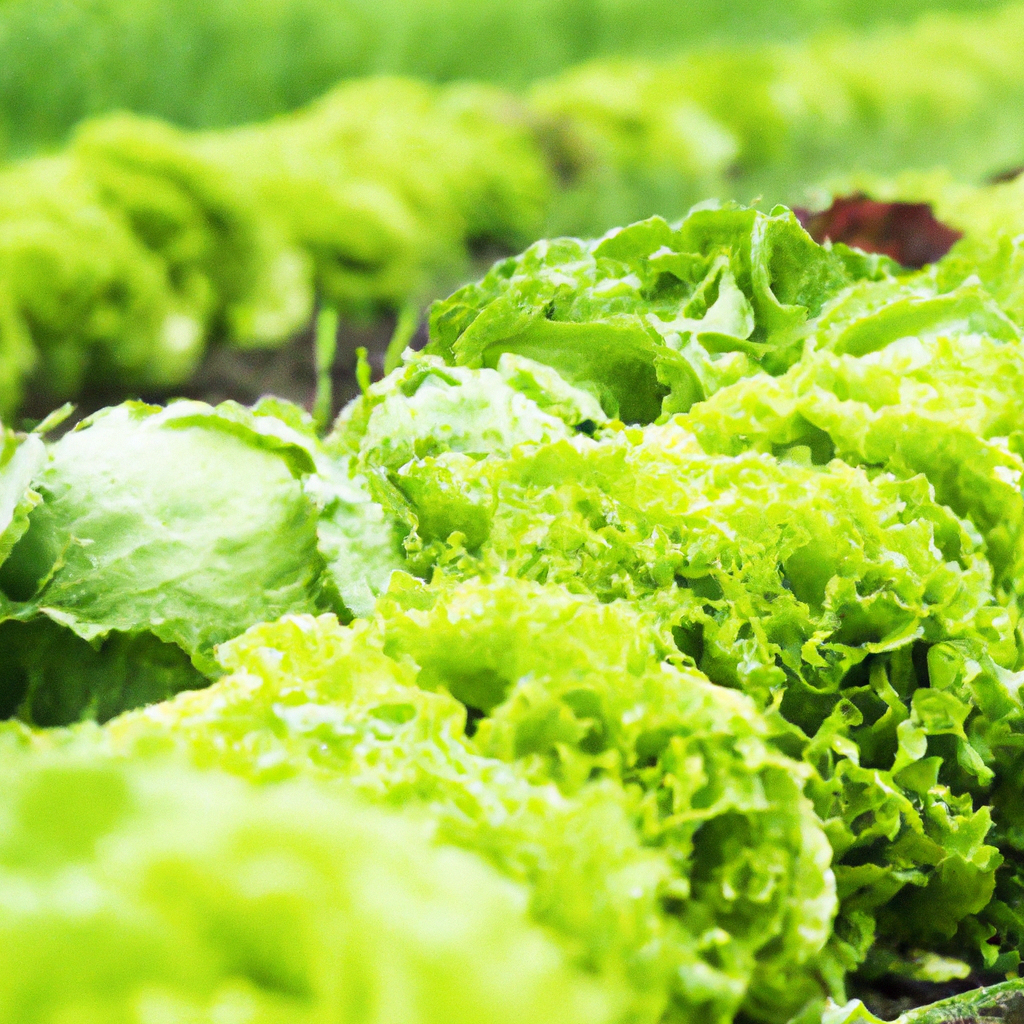
The Vegan Keto Diet: A Guide to Low-Carb, High-Fat, and Moderate-Protein Eating
If you’re looking for a unique and potentially effective approach to your diet, the vegan keto diet may be worth considering. This low-carb, high-fat, and moderate-protein eating plan excludes all animal-based foods, making it a suitable option for vegans. Combining the principles of both veganism and the ketogenic diet, the vegan keto diet has been associated with several health benefits, such as weight loss and a reduced risk of heart disease and diabetes. By avoiding foods like animal products, grains, starchy vegetables, and highly processed foods, and incorporating ingredients like coconut products, oils, nuts and seeds, non-starchy vegetables, vegan protein sources, avocados, and berries, you can adhere to a vegan keto lifestyle. However, it’s essential to be aware of potential drawbacks and consult with a healthcare professional before embarking on this diet to ensure its suitability for you.
Table of Contents
ToggleBenefits of the Vegan Keto Diet
Weight Loss
The vegan keto diet is gaining popularity for its potential to aid in weight loss. By limiting carbohydrate intake and increasing healthy fats, the body is encouraged to burn stored fat for energy instead of relying on glucose from carbohydrates. This can lead to a reduction in body weight and body fat percentage.
Additionally, the vegan keto diet may help increase feelings of fullness and satiety due to the higher fat content. This can lead to a decreased calorie intake overall, making it easier to maintain a calorie deficit and achieve weight loss goals.
Lower Risk of Heart Disease and Diabetes
Both vegan and ketogenic diets have been associated with a lower risk of heart disease and diabetes. The vegan keto diet combines the benefits of these two dietary approaches by eliminating animal products and limiting carbohydrate intake.
By avoiding animal products, which are often high in saturated fats and cholesterol, the vegan keto diet promotes a heart-healthy eating pattern. Additionally, the reduction in carbohydrates can help improve insulin sensitivity and blood sugar control, reducing the risk of developing type 2 diabetes.
Foods to Avoid on a Vegan Keto Diet
Animal Products
The cornerstone of a vegan keto diet is the exclusion of all animal-based foods. This includes meat, poultry, fish, dairy products, and eggs. While these foods are typically high in protein and fat, they are not suitable for a vegan diet. Instead, plant-based alternatives provide protein and healthy fats.
Grains
Grains, such as wheat, rice, and oats, are high in carbohydrates and are often eliminated or restricted on a vegan keto diet. This includes products made from grains, such as bread, pasta, and cereals. Instead, lower-carb alternatives like cauliflower rice or almond flour can be used.
Starchy Vegetables
Starchy vegetables like potatoes, sweet potatoes, and corn contain higher amounts of carbohydrates and are typically limited on a vegan keto diet. Non-starchy vegetables like leafy greens, broccoli, and zucchini are preferred due to their lower carbohydrate content.
Sugary Drinks
Sugary drinks, including soda, fruit juice, and sweetened beverages, should be avoided on a vegan keto diet due to their high sugar content. Instead, opt for unsweetened beverages like water, herbal tea, or sparkling water.
Highly Processed Foods
Highly processed foods, such as packaged snacks, cookies, and sugary desserts, should be minimized or eliminated on a vegan keto diet. These foods often contain added sugars, unhealthy fats, and other additives that can hinder weight loss and negatively impact health.
Foods to Eat on a Vegan Keto Diet
Coconut Products
Coconut products, such as coconut oil, coconut milk, and coconut cream, are staples in a vegan keto diet. They are high in healthy fats and can be used in cooking, baking, or added to smoothies for a creamy texture.
Oils
Healthy oils like olive oil, avocado oil, and flaxseed oil are excellent sources of healthy fats on a vegan keto diet. They can be used for cooking or drizzled over salads and vegetables for added flavor and nutrients.
Nuts and Seeds
Nuts and seeds are rich in healthy fats, protein, and fiber, making them ideal for a vegan keto diet. Almonds, walnuts, chia seeds, and flaxseeds are great options that can be enjoyed as a snack or added to meals for extra nutrition.
Non-Starchy Vegetables
Non-starchy vegetables play a crucial role in a vegan keto diet as they are low in carbohydrates and high in fiber and essential nutrients. Leafy greens, broccoli, cauliflower, and asparagus are excellent choices that can be enjoyed in salads, stir-fries, or roasted as a side dish.
Vegan Protein Sources
Plant-based protein sources are essential on a vegan keto diet to meet protein needs. Legumes, tofu, tempeh, and seitan are all good options that provide the necessary amino acids without the need for animal products.
Avocados
Avocados are a nutritional powerhouse that is high in healthy fats, fiber, and vitamins. They can be enjoyed on a vegan keto diet as a spread, added to salads or smoothies, or eaten on their own as a satisfying snack.
Berries
While fruits are generally higher in carbohydrates, berries like strawberries, blueberries, and raspberries are lower in sugar and can be enjoyed in moderation on a vegan keto diet. They provide antioxidants, vitamins, and fiber without significantly affecting blood sugar levels.
Potential Drawbacks of the Vegan Keto Diet
Nutrient Deficiencies
One potential drawback of the vegan keto diet is the risk of nutrient deficiencies. Since the diet excludes several food groups, including grains, legumes, and animal products, it may be challenging to get sufficient amounts of certain nutrients like vitamin B12, iron, and omega-3 fatty acids.
It is important to ensure adequate intake of these nutrients through supplementation or careful food choices. Consulting with a healthcare professional or registered dietitian can help develop a well-rounded vegan keto meal plan that meets nutrient needs.
Side Effects
Some people may experience side effects when transitioning to a vegan keto diet. These can include fatigue, headaches, nausea, and digestive issues. These symptoms are often temporary and can be managed by staying hydrated, consuming enough calories, and gradually easing into the diet.
It is essential to listen to your body and make adjustments as needed. If side effects persist or become severe, it is recommended to consult with a healthcare professional to determine the best course of action.
Consulting with a Healthcare Professional
Importance of Consultation
Before embarking on a vegan keto diet or any significant dietary change, it is crucial to consult with a healthcare professional. They can assess your individual health needs, medical history, and dietary goals to determine if the vegan keto diet is appropriate for you.
A healthcare professional can provide guidance on nutrient requirements, potential risks, and monitor your progress throughout your journey. They can also help tailor the diet to your specific needs, ensuring you are getting the necessary nutrients while achieving your desired outcomes.
Suitability for Everyone
While the vegan keto diet can be beneficial for many individuals, it may not be suitable for everyone. Pregnant or breastfeeding women, individuals with certain medical conditions, or those who have specific dietary restrictions may need to explore alternative dietary approaches.
It is important to take into consideration any pre-existing health conditions, allergies, or intolerances when considering the vegan keto diet. Working closely with a healthcare professional can help determine the best approach to meet individual needs while ensuring overall health and well-being.
In conclusion, the vegan keto diet offers several potential benefits, including weight loss and a lower risk of heart disease and diabetes. By following a diet rich in healthy fats, plant-based proteins, and nutrient-dense vegetables, individuals can achieve their health and wellness goals. However, it is essential to be mindful of potential nutrient deficiencies and side effects, which can be managed with proper planning and consultation with a healthcare professional. No matter your dietary choices, it is always recommended to prioritize your health and well-being when making changes to your lifestyle.
Discover the benefits of the vegan keto diet, a low-carb, high-fat, and moderate-protein eating plan that promotes weight loss and reduces the risk of heart disease and diabetes. Learn about the foods to eat and avoid, potential drawbacks, and the importance of consulting with a healthcare professional.


